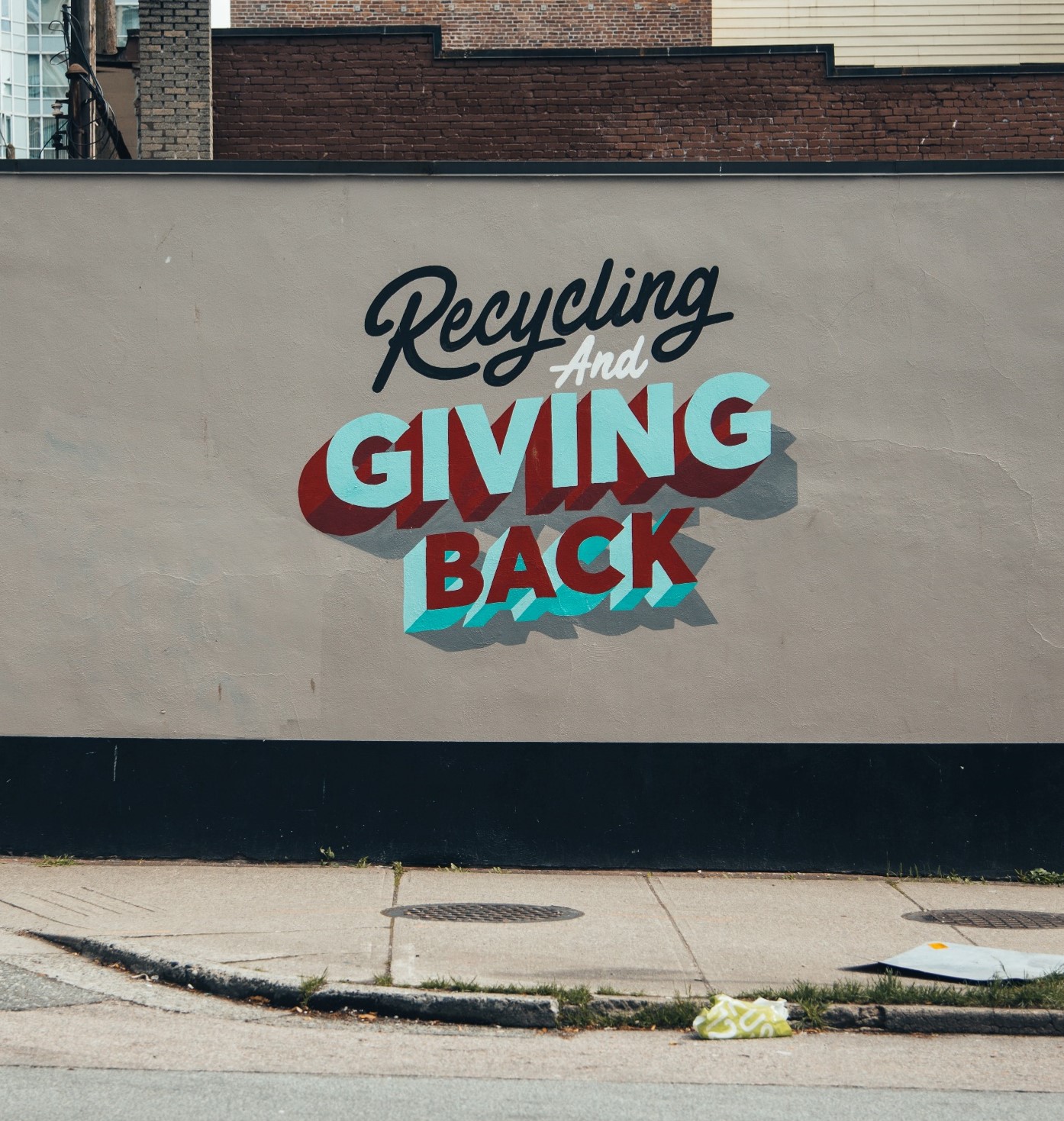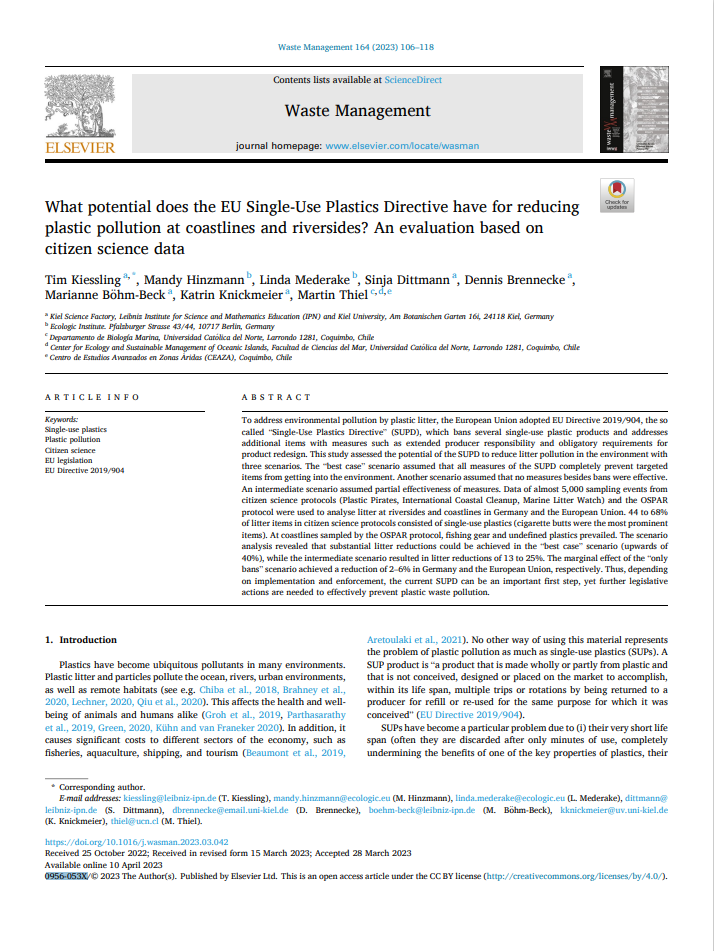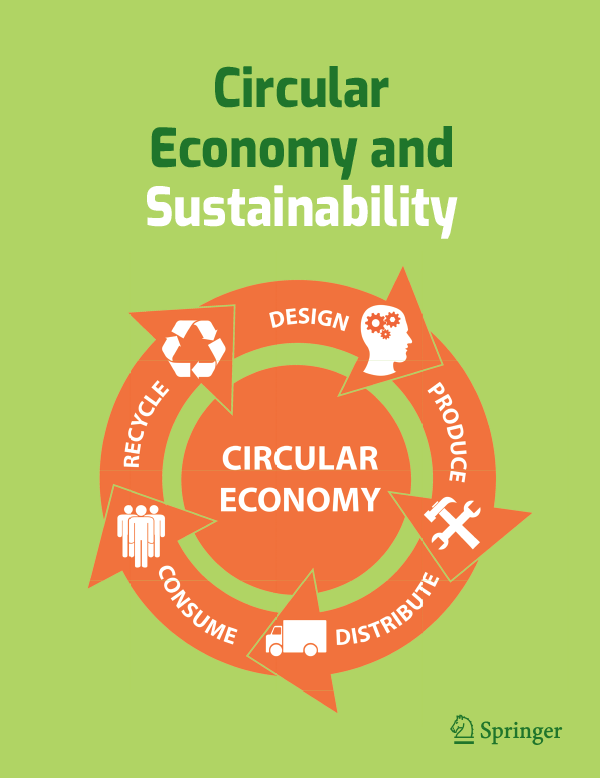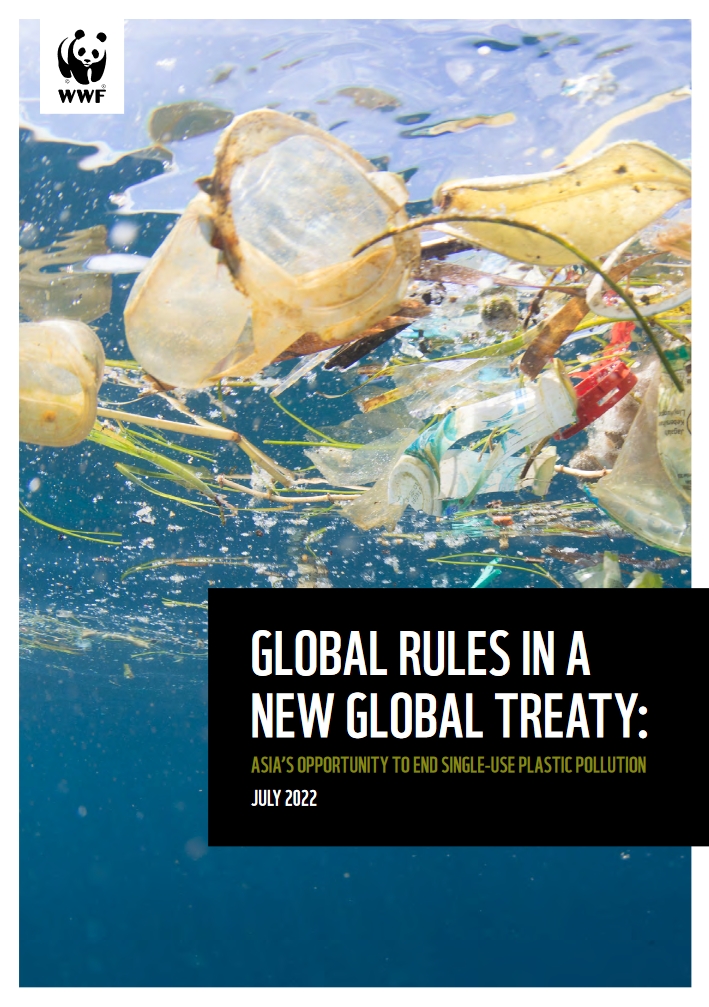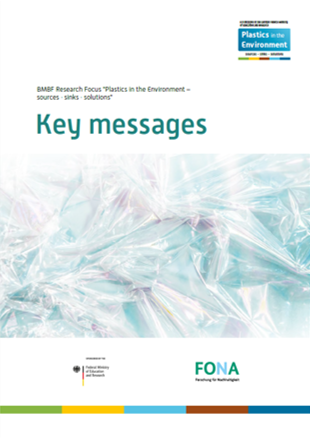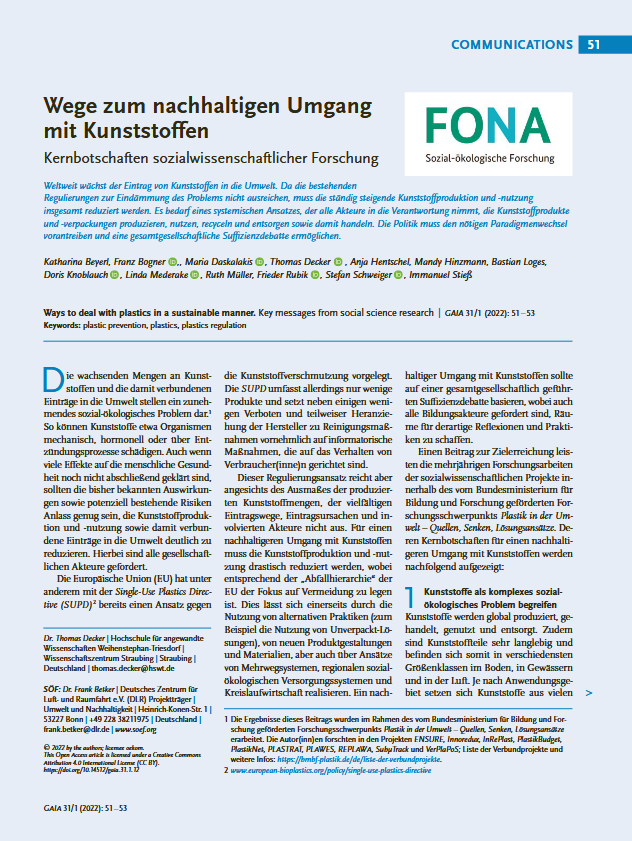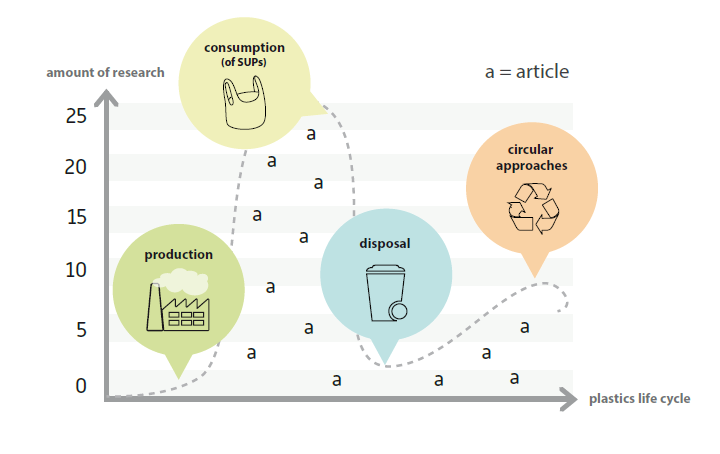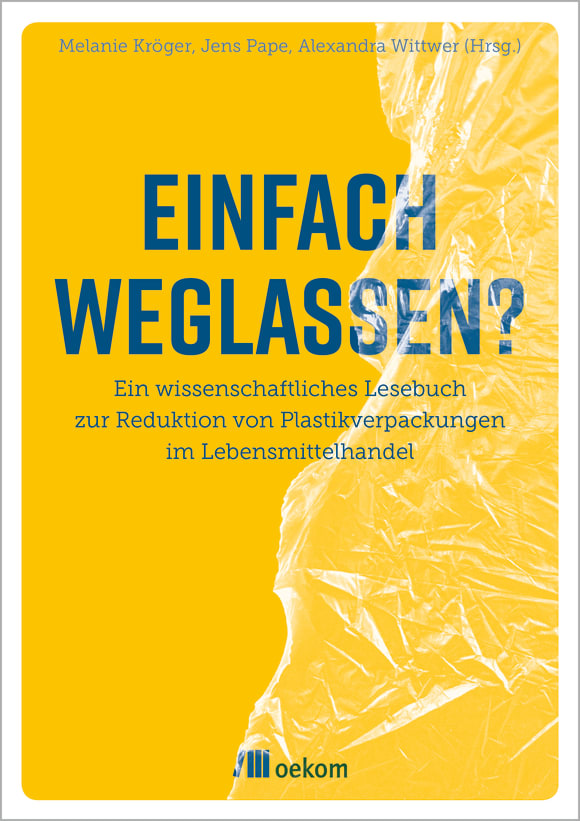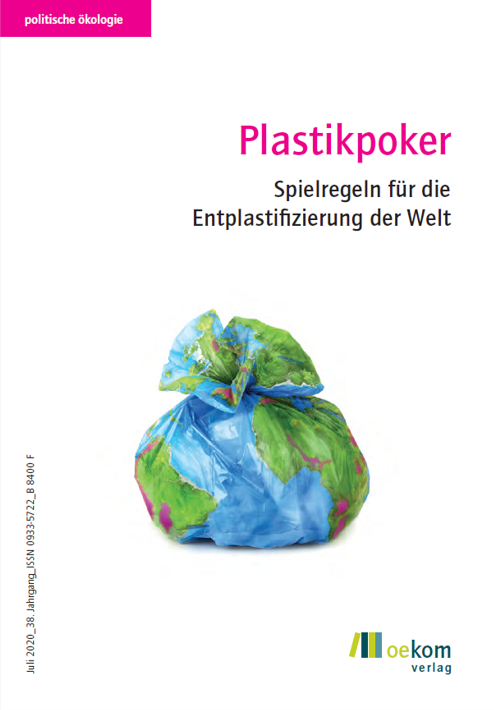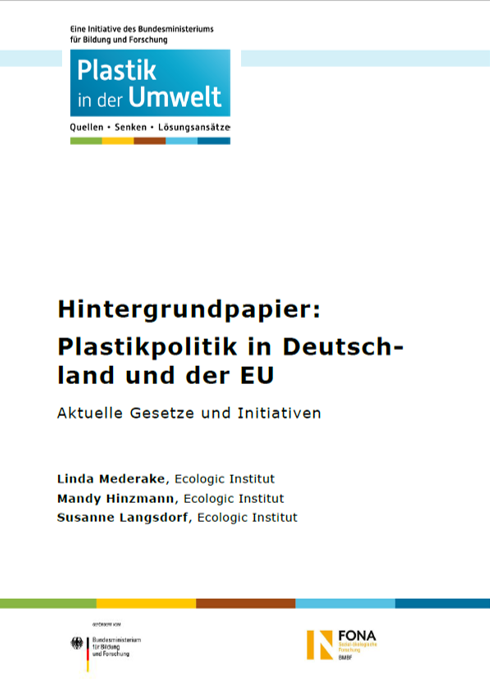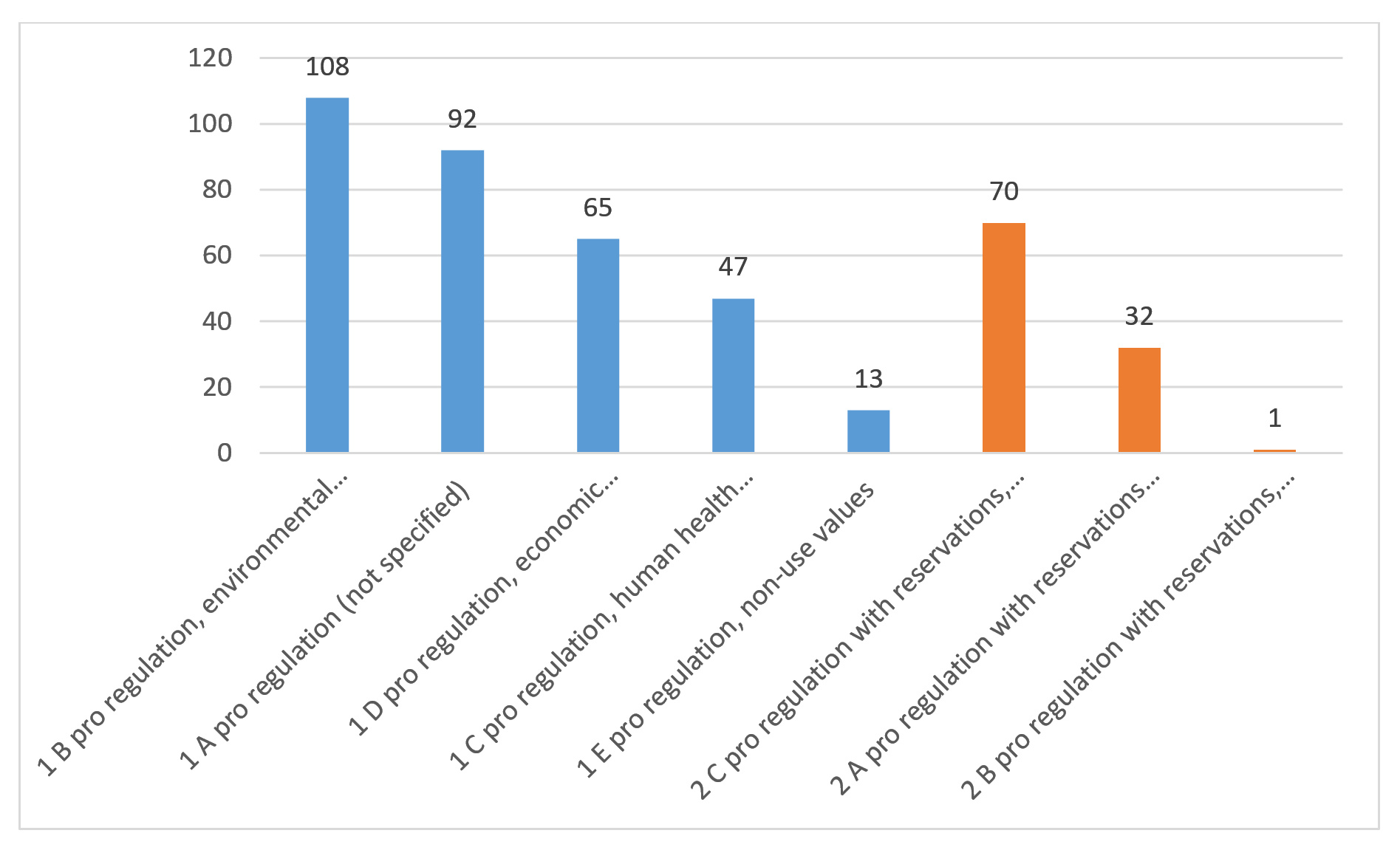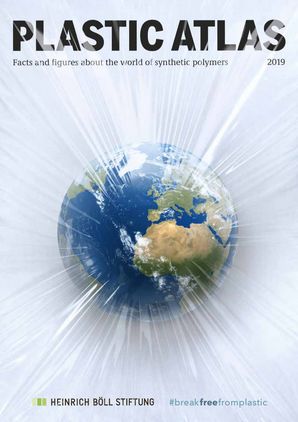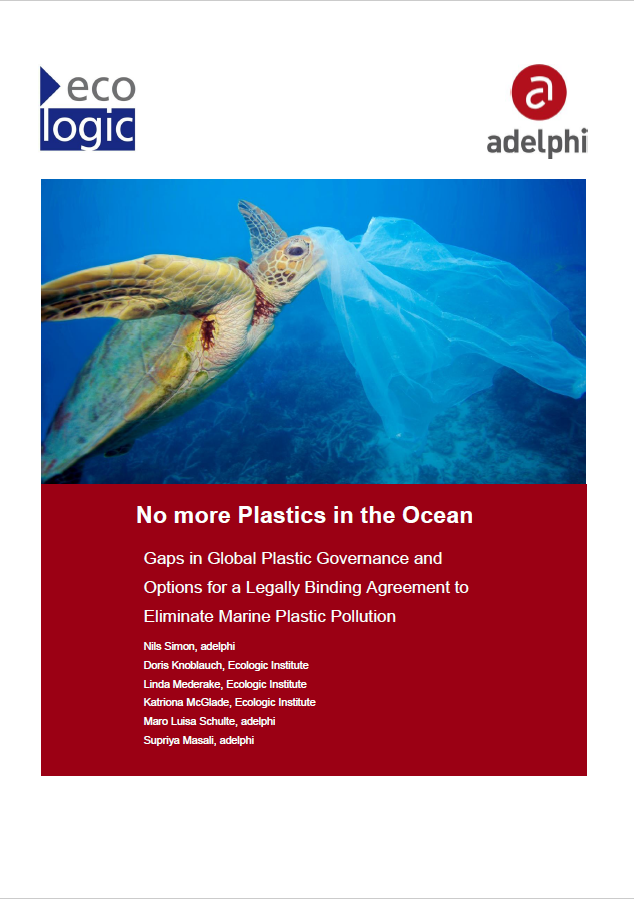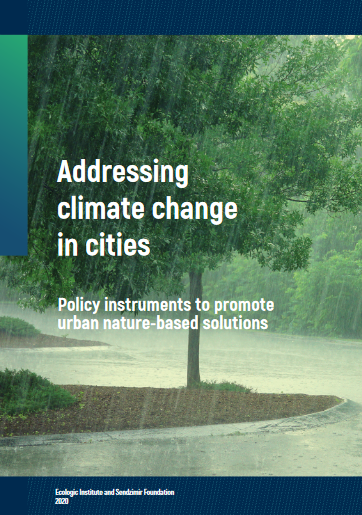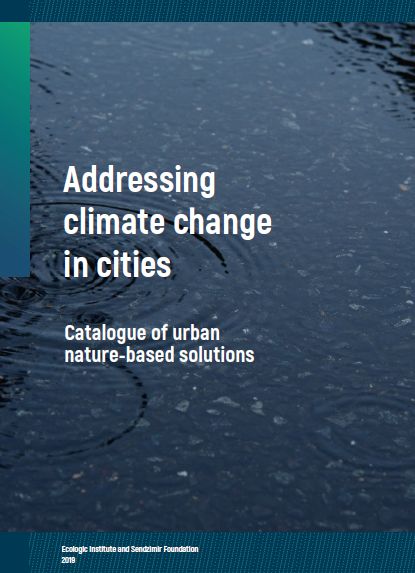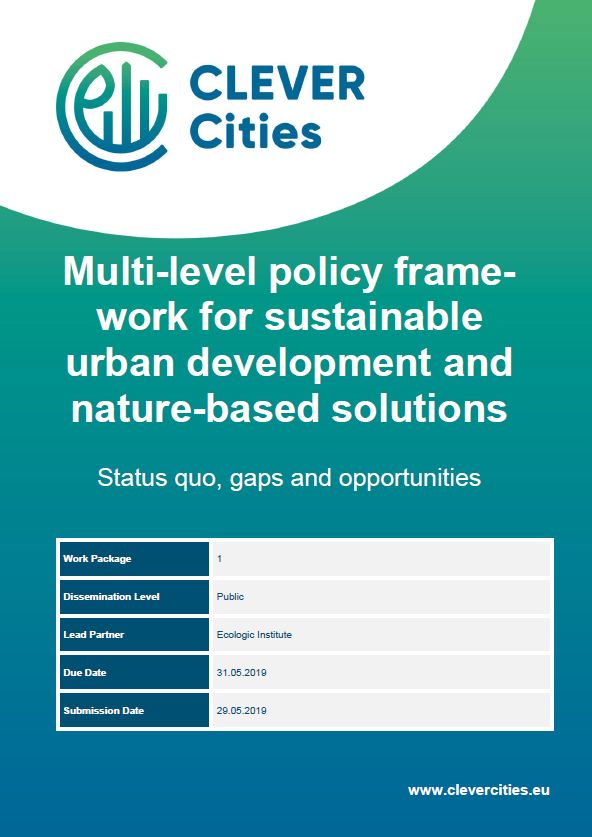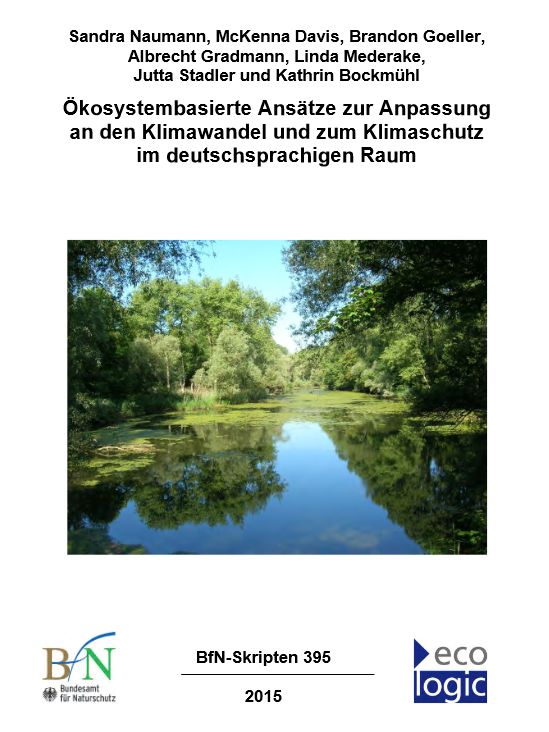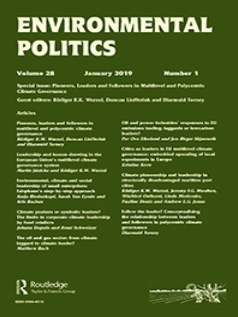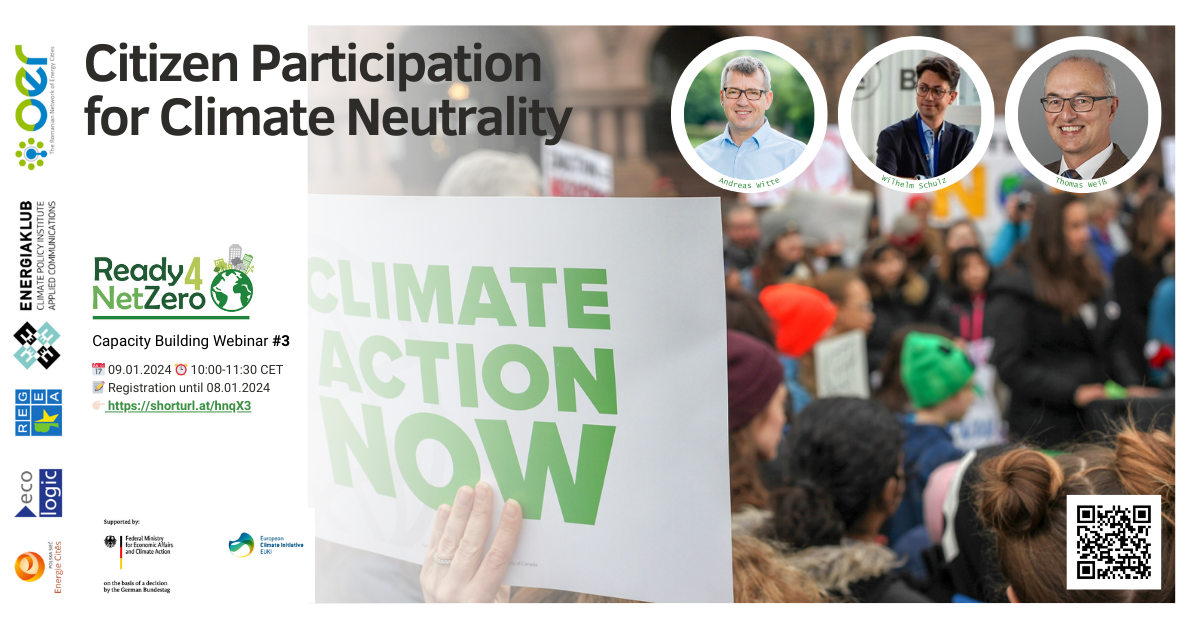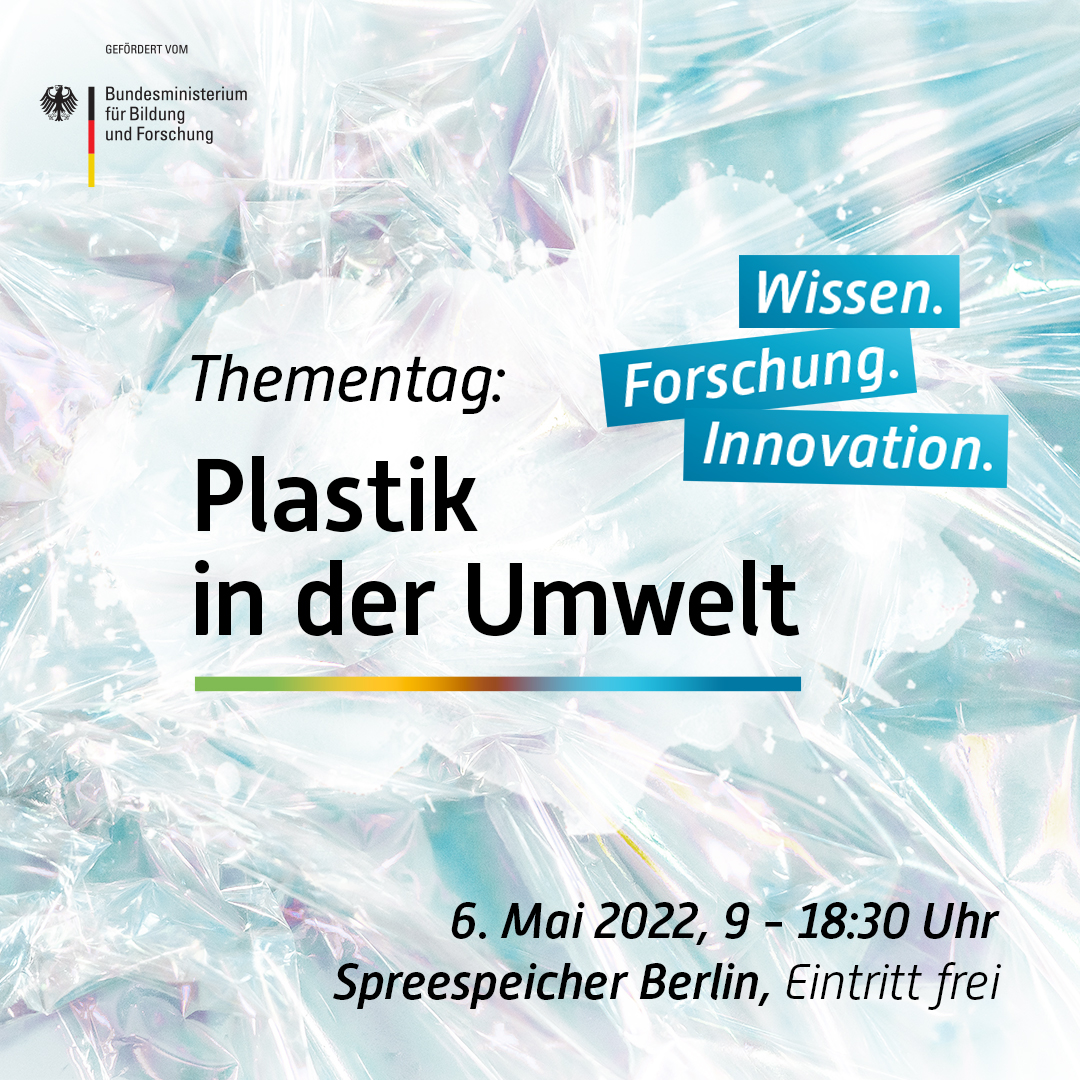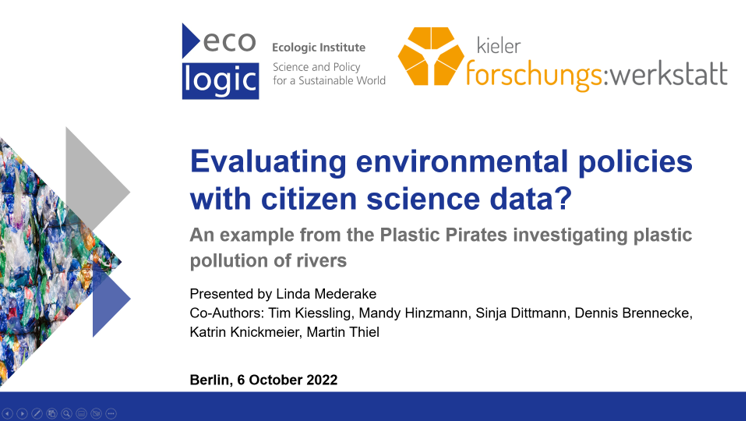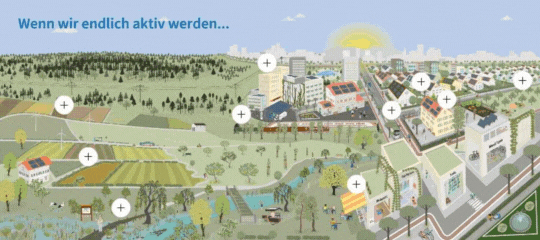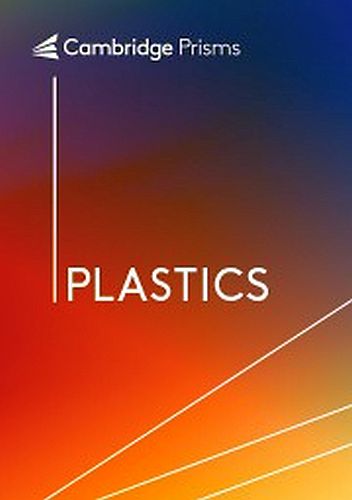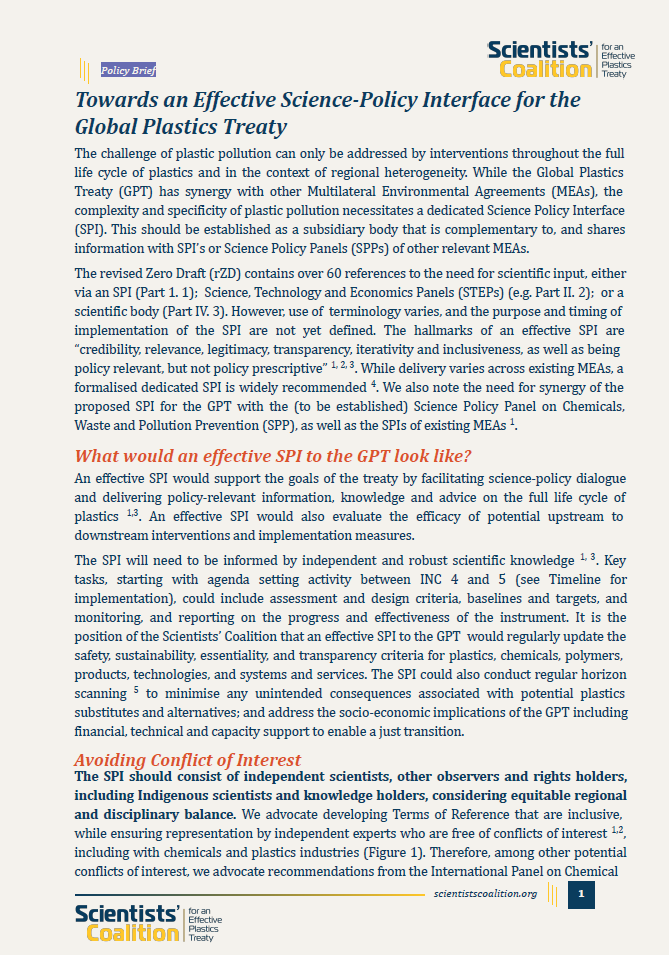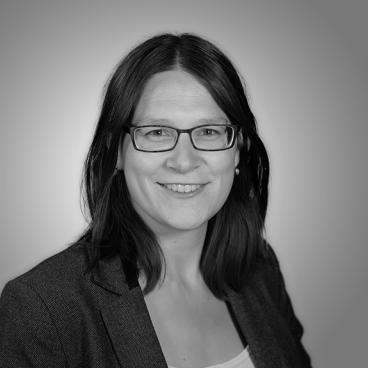
Linda Mederake
MA (International Relations)
BA (Political Management)
Co-Coordinator Plastics
Fellow
- Team
- Topics
Linda Mederake joined Ecologic Institute in August 2017 and works as Fellow and Co-Coordinator Plastics for the institute. Her work focuses on issues related to the governance of plastics as well as climate mitigation, adaptation and biodiversity in the urban context and with regard to the local and regional level. Her native language is German; she is fluent in English and has a good knowledge of French and Spanish.
Linda Mederake is currently working on the topic of plastics in the citizen science project Plastic Pirates – German Coast. Municipal climate protection is the focus of the project Ready4NetZero – Capacity Development for Long-term Climate Neutrality Strategies in Towns and Cities while Climate Adaptation Naturally! aims to support cities and municipalities in the implementation of nature-based solutions for climate adaptation with the help of practice-oriented applications. In a smaller project for the environmental ministry in Baden-Wurttemberg, Linda develops the content for a travelling exhibition on links between the biodiversity and climate crises.
Before starting at Ecologic Institute, Linda Mederake supported work at the Oeko-Institut within the context of the project Rural Urban Nexus – Global Sustainable Land Use and Urbanisation.
Linda Mederake graduated with a Master of Arts in International Relations from the Freie Universität Berlin, Humboldt-Universität zu Berlin and Universität Potsdam (Germany) in 2017. Her master thesis was written in connection with the project Behind the Scenes: Mapping the Role of Treaty Secretariats in International Environmental Policy-Making and explored the role of the UNFCCC secretariat as a knowledge broker. Linda Mederake holds a Bachelor of Arts in International Political Management from Hochschule Bremen – University of Applied Sciences (Germany). During her studies, she spent an internship semester in Brussels and an exchange semester at Greenwich University in 2012 as well as another semester abroad at Vrije Universiteit Amsterdam in 2015.
In 2020, she started a dissertation at University of Osnabrück on policy change in plastics policies at EU level.
Aside from her professional career, Linda Mederake is an active member of Friends of the Earth Germany. Currently, she is deputy spokesperson of the Working Group on Waste and Raw Materials.
Linda Mederake is on parental leave until spring 2026.
Contact Linda Mederake by Email
Selected projects by Linda Mederake
Plastic Pirates – German coast
- Duration
-
-
- Funding
-
Federal Ministry of Education and Research (BMBF), Germany Projektträger Jülich, Forschungszentrum Jülich (PtJ), Germany
Climate Adaptation Naturally!
- Duration
-
-
- Funding
-
German Environment Agency (UBA), Germany
Plastic Pirates – Go Europe!
- Duration
-
-
- Funding
-
Federal Ministry of Education and Research (BMBF), Germany
Policy Instruments to Increase the Use of Recycled Materials
- Duration
-
-
- Funding
-
Office of Technology Assessment at the German Bundestag (TAB), Germany
Asia's Opportunity to End Single-use Plastic Pollution
- Duration
-
-
- Funding
-
World Wide Fund for Nature (WWF), Philippines
Advising the EU's International Outreach on the Content of the Mandate for an International Negotiating Committee for a Potential Global Plastics Agreement
- Duration
-
-
- Funding
-
European Commission, Directorate-General for International Cooperation and Development, International
Selected publications by Linda Mederake
Kiessling, Tim et al. 2023: What potential does the EU Single-Use Plastics Directive have for reducing plastic pollution at coastlines and riversides? An evaluation based on citizen science data. Waste Management 164 (2023).106-118.
Mederake, Linda (2022): Without a Debate on Sufficiency, a Circular Plastics Economy will Remain an Illusion. Circ.Econ.Sust. doi.org/10.1007/s43615-022-00240-3
Mederake, Linda; Knoblauch, Doris (2022): Global rules in a new global treaty: Asia's opportunity to end single-use plastic pollution. Published in July 2022 by WWF Philippines.
Hinzmann, Mandy; Knoblauch, Doris; Mederake, Linda; Schritt, Hannes; Stein, Ulf (eds.) (2022): Key messages of the research focus "Plastics in the Environment".
Beyerl, Katharina; Bogner, Franz; Daskalakis, Maria; Decker, Thomas; Hentschel, Anja; Hinzmann, Mandy; Loges, Bastian; Knoblauch, Doris; Mederake, Linda; Müller,, Ruth; Rubik, Frieder; Schweiger, Stefan; Stieß, Immanuel (2022): Wege zum nachhaltigen Umgang mit Kunststoffen: Kernbotschaften sozialwissenschaftlicher Forschung. GAIA - Ecological Perspectives for Science and Society, 31(1), 51-53.
Plastics regulation
Kiessling, Tim et al. 2023: What potential does the EU Single-Use Plastics Directive have for reducing plastic pollution at coastlines and riversides? An evaluation based on citizen science data. Waste Management 164 (2023).106-118.
Mederake, Linda (2022): Without a Debate on Sufficiency, a Circular Plastics Economy will Remain an Illusion. Circ.Econ.Sust. doi.org/10.1007/s43615-022-00240-3
Mederake, Linda; Knoblauch, Doris (2022): Global rules in a new global treaty: Asia's opportunity to end single-use plastic pollution. Published in July 2022 by WWF Philippines.
Beyerl, Katharina; Bogner, Franz; Daskalakis, Maria; Decker, Thomas; Hentschel, Anja; Hinzmann, Mandy; Loges, Bastian; Knoblauch, Doris; Mederake, Linda; Müller,, Ruth; Rubik, Frieder; Schweiger, Stefan; Stieß, Immanuel (2022): Wege zum nachhaltigen Umgang mit Kunststoffen: Kernbotschaften sozialwissenschaftlicher Forschung. GAIA - Ecological Perspectives for Science and Society, 31(1), 51-53.
Mederake, Linda (2022): Eine Kreislaufwirtschaft für Kunststoffe – Aktuelle Diskussionen, Trends und politische Herausforderungen. Eine Reflexion des Tutzing Symposions 2021 "Polymers for a better life and circular economy". In: Müll und Abfall, 54 (2), 77-83.
Knoblauch, D.; Mederake, L. (2021): Government policies combatting plastic pollution, Current Opinion in Toxicology, https://doi.org/10.1016/j.cotox.2021.10.003.
Mederake, Linda; Seeger, Dorothea (2020): Plastikvermeidung auf kommunaler Ebene. In: Kröger, Melanie; Pape, Jens; Wittwer, Alexandra (Hrsg.) (2020): Einfach weglassen? Ein wissenschaftliches Lesebuch zur Reduktion von Plastikverpackungen im Lebensmittelhandel. ISBN: 978-3-96238-243-8. Oekom Verlag, München.
Mederake, L., Araujo Sosa, A. und Hirschnitz-Garbers, M. (2020): Mehr Kohärenz bitte! Plastikpolitik in Deutschland, Europa und weltweit. Politische Ökologie, Band 161, 76-82.
Mederake, Linda; Hinzmann, Mandy; Langsdorf, Susanne (2020): Hintergrundpapier: Plastikpolitik in Deutschland und der EU. Ecologic Institut: Berlin.
Mederake, Linda; Knoblauch, Doris (2019): Shaping EU Plastic Policies: The Role of Public Health vs. Environmental Arguments. International Journal of Environmental Research and Public Health 2019, 16, 3928.
Mederake, Linda; Gürtler, Stephan; Knoblauch, Doris (2019): Regulation: Solutions at the Wrong End. In: Heinrich-Böll-Stiftung und BUND – Bund für Umwelt und Naturschutz Deutschland (Eds.): Plastic Atlas 2019. Facts and figures about the world of synthetic polymers. Berlin.
Knoblauch, D.; Mederake, L.; Stein, U. Developing Countries in the Lead—What Drives the Diffusion of Plastic Bag Policies? Sustainability 2018, 10, 1994.
Simon, Nils et al. (2018): No More Plastics in the Ocean. Gaps in Global Plastic Governance and Options for a Legally Binding Agreement to Eliminate Marine Plastic Pollution. Draft report for WWF to support discussions at the Ad Hoc Open-ended Expert Group on Marine Litter and Microplastics. Berlin: adelphi.
Nature-based solutions/Green Infrastructure
Naumann, S., Davis, M., Iwaszuk, E., Freundt, M., Mederake, L., 2020: Addressing climate change in cities – Policy instruments to promote urban nature-based solutions. Ecologic Institute, the Sendzimir Foundation: Berlin, Krakow.
Naumann, S., Davis, M., Iwaszuk, E., Freundt, M., Mederake, L., 2020: Błękitno-zielona infrastruktura dla łagodzenia zmian klimatu w miastach. Narzędzia strategiczne. Ecologic Institute, Fundacja Sendzimira: Berlin, Krakow.
Knoblauch, D., Naumann, S., Mederake, L., Araujo Sosa, A. C. 2020: CLEVER Cities Policy Brief. Ecologic Institute, Berlin.
English version: Iwaszuk, E., Rudik, G., Duin, L., Mederake, L., Davis, M., Naumann, S., Wagner, I., 2019: Addressing Climate Change in Cities. Catalogue of Urban Nature-Based Solutions. Ecologic Institute, the Sendzimir Foundation: Berlin, Krakow.
Polish version: Iwaszuk, E., Rudik, G., Duin, L., Mederake, L., Davis, M., Naumann, S., Wagner, I., 2019: Błękitno-zielona
infrastruktura dla łagodzenia zmian klimatu w miastach. Katalog techniczny. Ecologic Institute, Fundacja Sendzimira: Berlin, Krakow.
Knoblauch et al. (2019). Multi-level policy framework for sustainable urban development and nature-based solutions -- Status quo, gaps and oppor-tunities. Deliverable 1.2, CLEVER Cities, H2020 grant no. 776604.
Davis, M.; Abhold, K.; Mederake, L.; Knoblauch, D. (2018): Nature-based solutions in European and national policy frameworks. Deliverable 1.5, NATURVATION. Horizon 2020 Grant Agreement No 730243, European Commission, 50 pp.
Naumann, S., M. Davis, B. Goeller, A. Gradmann, L. Mederake, J. Stadler und K. Bockmühl (2015): Ökosystembasierte Ansätze zur Anpassung an den Klimawandel und zum Klimaschutz im deutschsprachigen Raum. BfN-Skripten 395. Bundesamt für Naturschutz.
Local Climate Policies
Wurzel, Rüdiger; Moulton, Jeremy; Osthorst, Winfried; Mederake, Linda; Deutz, Pauline; Jonas, Andrew (2019): Climate pioneership and leadership in structurally disadvantaged maritime port cities. Environmental Politics 28(1): 146-166.
Mederake, Linda; Iwaszuk, Ewa; Knoblauch, Doris (2019): The evolving role of cities as non-state actors in the international climate regime. In: Abdullah, Hannah (Ed.) Cities in World Politics. Local responses to global challenges. Monografías CIDOB 75. Barcelona: CIDOB.
Iwaszuk, Ewa; Mederake, Linda; Knoblauch, Doris (2019): The Transformative Potential of Local Climate Change Strategies. In: Zevi, Tobia (Ed.) The Century of Global Cities. How Urbanisation is Changing the World and Shaping our Future. Milan: Italian Institute for International Political Studies.
Duwe et al. (2017) "Paris compatible" governance: long-term policy frameworks to drive transformational change. Ecologic Institute. Berlin.
Selected events by Linda Mederake
Digital Event:Navigating Challenges in Citizen Participation for Climate Neutrality
- Date
-
- Location
- online
Conference:Tackling Microplastics in the Environment
- Date
-
- Location
- Brussels, Belgium
Digital Event:Reusable Transport Packaging
- Date
-
- Location
- online via Zoom
Conference:Theme Day: Plastic in the Environment
- Date
-
- Location
- Berlin, Germany
Summer School:Plastics in the Environment – PhD-WinterSchool
- Date
-
-
- Location
- Döllnsee-Schorfheide, Germany
Workshop:Plastic Regulation – Who is responsible?
- Date
-
- Location
- Berlin, Germany
Selected presentations by Linda Mederake
Speech:The Challenge of Reducing (Micro)Plastic Emissions
- Date
-
- Location
- Paris, France
Speech:Evaluating Environmental Policies with Citizen Science Data?
- Date
-
- Location
- Berlin, Germany
Interview:We Use Citizen Science to Contribute to Planetary Health
- Date
-
- Location
- Berlin/Kiel, Germany
Lecture:Plastics Crisis? – Advantages of plastics and the problems of plastic consumption
- Date
-
- Location
- Berlin, Germany
Speech:The Plastic Pirates – Investigating Waste Pollution in and at German Rivers with Young People
- Date
-
- Location
- Berlin, Germany
Lecture:Towards a Global Plastics Convention
- Date
-
- Location
- Glasgow, United Kingdom



